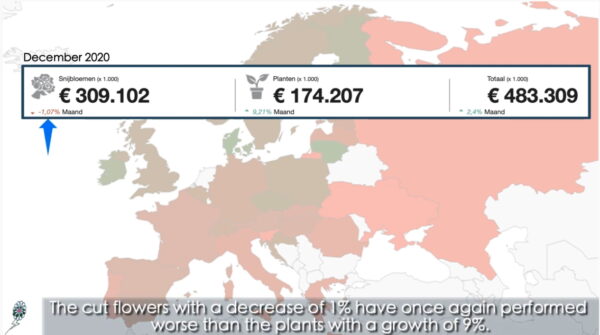Companies need to take a number of steps in order to prepare themselves for post-Brexit trading, both import and export.
- Applying for a GB EORI number
The process for importing goods from the EU will change. Businesses in England, Wales and Scotland need to complete the following actions to continue importing from EU countries from 1 January 2021. All businesses moving goods into or out of GB, including those deferring their import declarations, are required to get a GB EORI number. Visit the Government website to get your EORI number
- Get a Customs Intermediary. Customs declarations are complicated and you may need advice. Intermediaries include freight forwarders, customs agents and brokers. They will need to be established in the EU. See here the Government’s list of customs agents and fast parcel operators.
- Customs Declarations: Customs declarations will be required for all goods moving into or out of GB from 1 January 2021. You may be able to delay declarations for up to six months. Find out how here.
Most declarations are submitted electronically through Customs Handling of Import and Export Freight (CHIEF) system. If you’re going to do this yourself, rather than appoint an agent, you’ll need to apply for access to CHIEF and buy third party software that can submit declarations through CHIEF. Read the Government directive here.
- Paying Customs Duty & Paying Import VAT: Traders who import goods regularly may benefit from having a duty deferment account (DDA). Check UK trade tariffs from 1 January 2021.
- Phytosanitary (plant health) requirements: If you are importing plants into GB (England, Scotland, Wales) you will need to obtain a phytosanitary certificate (PC) 24 hours before importing the plants into GB. Find out how to obtain a phytosanitary certificate on the Government website.
- UK Plant Passport system: As the UK leaves the European Union on 31 December this year, we will no longer be part of the EU plant health area. England, Scotland and Wales (GB) will have their own plant passport system. Be alert to this if you wish to import any plant for planting, ware potatoes, some seed and other plant/forest reproductive material, some wood and wood products, used agricultural or forestry machinery. Find out more about plant passporting here.
- Consider Commercial Arrangements: Individual commercial contracts and arrangements may alter the default legal responsibilities and requirements.
- Transporting Goods: Once the transition period ends in December transporting goods into and out of the UK will become a more complicated process.
Exporting to the EU
Exporting to the EU will change immediately post-transition for UK businesses. In the event of a non-negotiated exit, the UK will be regarded as a third country by the EU, and tariffs will be applying on most UK exports.
From January, all goods exiting the UK to go to the EU will require export declarations and exit Safety and Security declarations and many controlled goods will need to have additional licenses or go through additional procedures.
The EU will have full import controls for goods arriving from the UK, from customs declarations to checks and inspections for controlled goods. In a no deal, UK goods will also face the EU MFN tariff schedule, adding costs onto businesses.
















